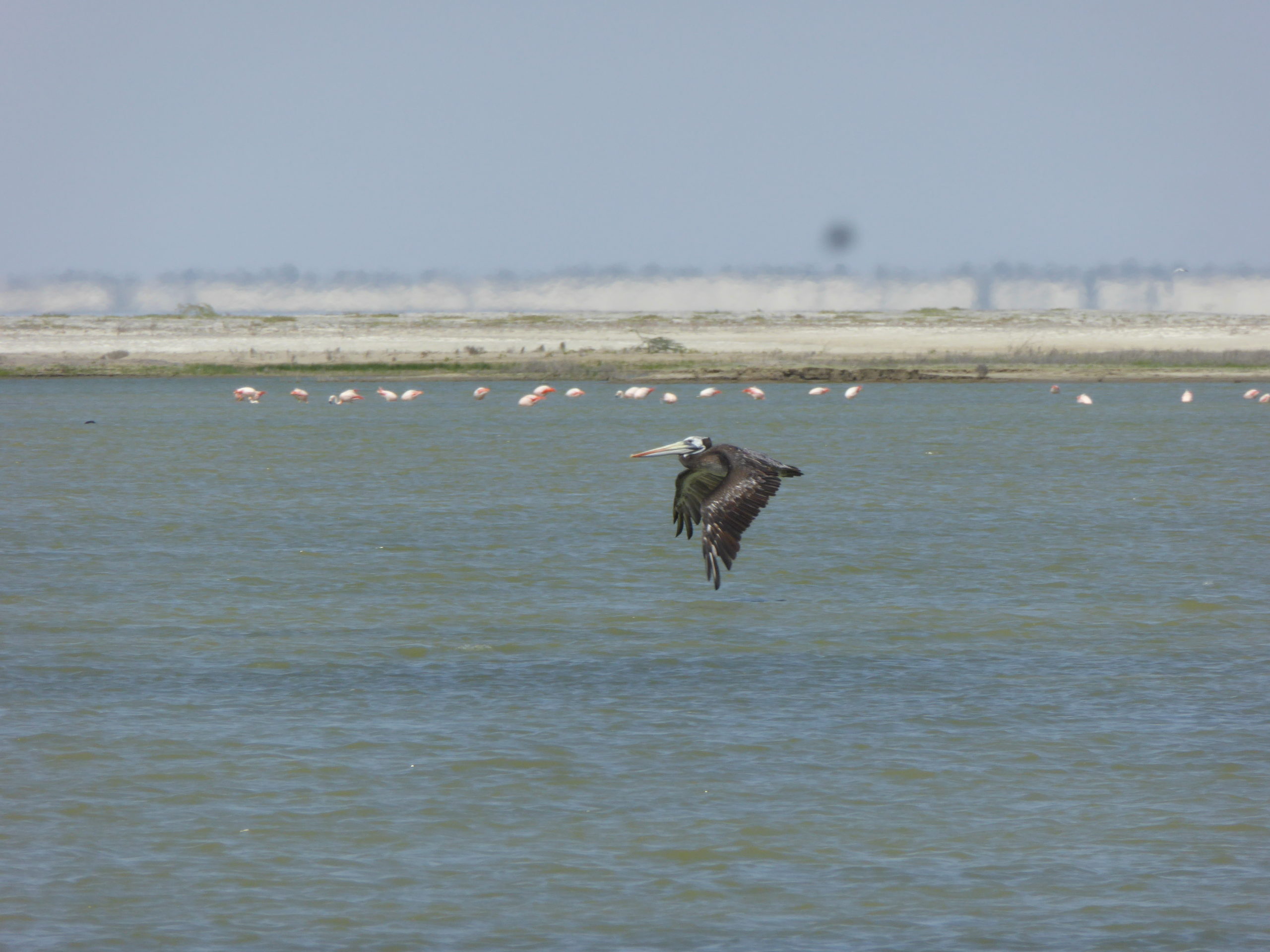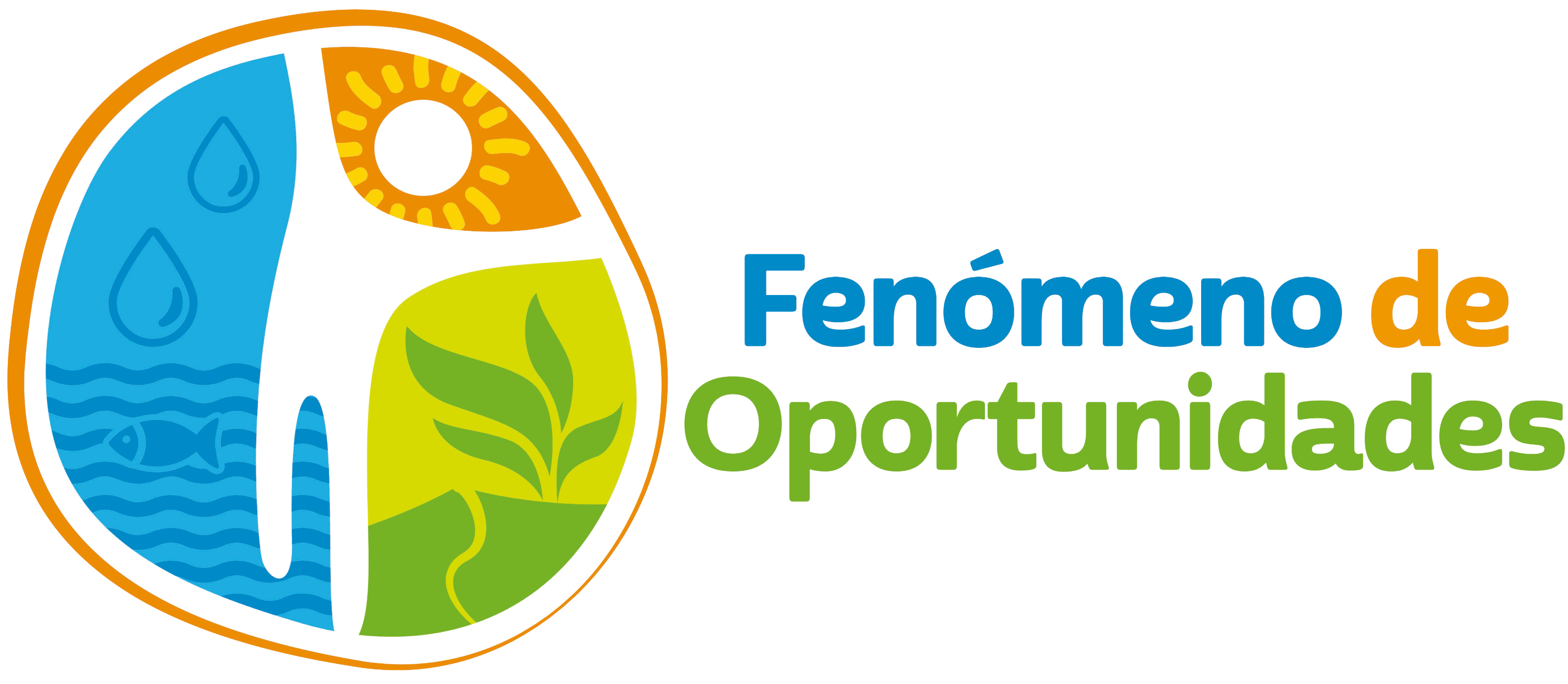Farming and fishing in the desert
A platform for understanding El Niño food system opportunities in the context climate change in Sechura, Peru

Cyclical extreme rainfall events, such as those generated by the El Niño in South America, can cause devastation through flooding in low and middle income countries, particularly in Peru, a country that is intimately linked to climate phenomena associated with the El Niño-Southern Oscillation, It was Peruvian fishermen who first identified El Niño in the late 19th Century off the north coast of Peru. However, very little attention has been given to the opportunities these events can create for food systems, especially in the context of climate change in arid settings. This is particularly important because these events have the capacity to increase the amount of available freshwater and produce fertile sediment that fill river and lake floodplains. Our project is undertaking the first systematic, interdisciplinary research on desert-El Niño-food systems in the Sechura Desert, northern Peru. The outputs from our research will have a bearing on how future challenges and opportunities associated with climate change, in particular El Niño in northern Peru, are imagined in academia and policy. It focuses attention on the less researched positive possibilities that El Niño events can generate in some contexts, which in northern Peru has significant implications for marginal desert-living communities, e.g. fishers and farmers who have so far been invisible in the popular narrative of disaster mitigation surrounding a strong El Niño event.
Project Aim
To create an interdisciplinary and multi-sectoral research consortium, to understand the desert-El Niño-food system in Sechura, northern Peru, as a pathway towards enhancing its long-term
resilience to future, short term, cyclical systemic environmental shocks.
Project Objectives
1
Build an interdisciplinary platform to examine the desert-El Niño-food nexus.
2
Gather baseline information on El Niño, effects from historical data
3
Evaluate current fishing and farming systems to address food systems from an interdisciplinary perspective
4
Develop a blue print for production, processing and commercialization to make El Niño food-systems and livelihoods more sustainable
Project Funded by:


